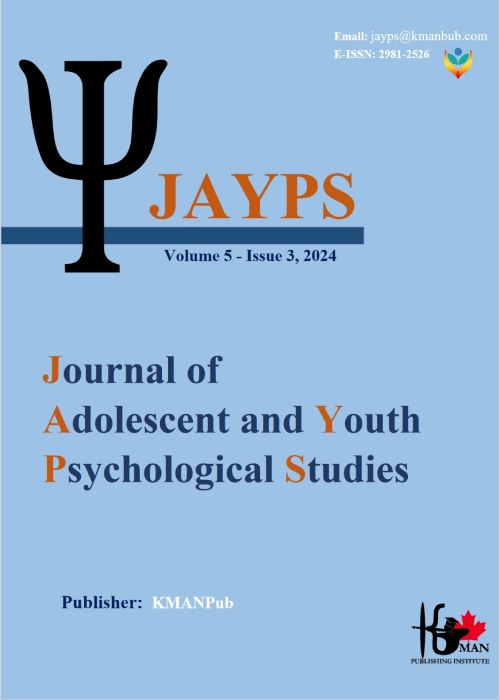Sociological study of the relationship between religious adherence and social capital and its role in the psychological explanation of life satisfaction
Religious adherence or being religious refers to the degree of belief or adherence to the beliefs and practices of a systematic religion. Satisfaction with life indicates the satisfaction of basic human desires and needs. This research seeks to investigate the relationship between religious adherence and social capital with life satisfaction.
This research aims to be an applied and descriptive survey of the correlation type. The population under study is the citizens of Shahreza city between 18 and 50 years old, and 384 citizens of Shahreza were selected as the statistical sample of the study by random cluster sampling method. The research tool includes a questionnaire made by the researcher (adapted from the religiosity questionnaire of Jan Bozorgi (2018), the social capital questionnaire of Pantam (1999) and the quality of life satisfaction and enjoyment questionnaire of Endikt et al. (1993)). After collecting the data, they were analyzed using SPSS and Smart PLS statistical software, and in this regard, regression analysis and structural equation modeling were used to test the hypotheses.
The results of the statistical analysis of the data showed that there is a significant and moderate direct relationship between the subscale of religious adherence and life satisfaction (r=0.478, p<0.01). Also, there is an indirect relationship between religious ambivalence and life satisfaction (r=0.262, p<0.01) and an indirect relationship has been shown between religious non-commitment and life satisfaction (r=0.298, p<0.01). Finally, the results of the regression analysis indicate that life satisfaction is affected by religious adherence (β=0.038, p<0.01) and social capital (β=0.377, p<0.01), but the degree of influence of religious adherence is very small and capital Social has had a stronger relationship with life satisfaction.
Based on the findings, there is a direct and meaningful relationship between the overall score of social capital and life satisfaction. There is a lot of evidence that social capital has a positive effect on various aspects of people's quality of life. Improving the level of social capital can ultimately lead to quality of life and well-being.
- حق عضویت دریافتی صرف حمایت از نشریات عضو و نگهداری، تکمیل و توسعه مگیران میشود.
- پرداخت حق اشتراک و دانلود مقالات اجازه بازنشر آن در سایر رسانههای چاپی و دیجیتال را به کاربر نمیدهد.



